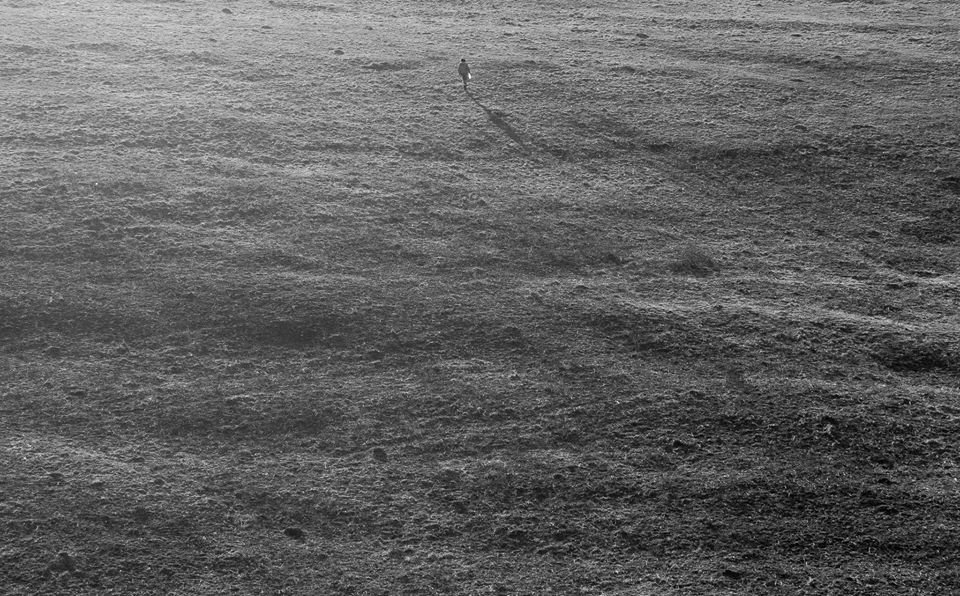
Image: Peter Coch Shaman. CoronART online gallery on Facebook.
On 7 April at 6 PM, as part of its non-formal education programme, the Evening School, the Latvian Centre for Contemporary Art invites you to the reading workshop “Pandemic and Its Metaphors”.
The workshop will take place online.
Link to the meeting: https://us04web.zoom.us/j/3254967892 .
To participate, please download Zoom app (https://zoom.us)
COVID-19 pandemic is causing a seemingly unprecedented state of emergency, which is challenging not only the health sector but also many other social fields. It has changed everyone's daily lives beyond recognition, bringing fear and frustration, slow-down, social distance and self-isolation, new ways of communication and surveillance, and also a new spirit of solidarity.
This state of affairs also raises a number of ethical and ontological issues. The Italian philosopher Roberto Esposito asks what essentially characterizes today, its potentialities and also its contradictions, and attempts to respond with the key word: the category of immunity and immunization. Immunization alludes to a particular situation that keeps someone safe from the risks to which she or he is exposed. However, at the same time it is the opposition of a the category of community. If the community is characterized by concern for one another, immunity repeals this condition, it breaks the circuit of social circulation, placing someone outside of it. Thus it is linked to today's demands and hopes, but also to the conflicts and traumas.
However, demands for the self-protection characterizes every society, and unexpected global spread of deadly viruses has affected societies also in the past. Susan Sontag in her work, AIDS and Its Metaphors discusses how diseases, including pandemics, create new metaphors and myths – the spread of deadly viruses has been compared to invasion, pollution, attack by alien enemy, or the apocalyptic world. Such metaphors are a pessimistic view of the epidemiological situation, which create paranoia, not an explanation. “That even an apocalypse can be made to seem part of the ordinary horizon of expectation constitutes an unparalleled violence that is being done to our sense of reality, to our humanity. But it is highly desirable for a specific dreaded illness to come to seem ordinary. Even the disease most fraught with meaning can become just an illness.”
Texts:
• Roberto Esposito, “Immunisation and Violence”, 2008.
• Susan Sontag, AIDS and its Metaphors, 1989, pp. 44–71.
To receive the texts, please email to: ieva.ast@gmail.com.
The Latvian Center for Contemporary Art within its programme, the Evening School continues reading workshops or non-academic and informal discussions about seminal texts, devoted to current issues of contemporary art and culture as well as exploration of the recent past. The programme is curated by Ieva Astahovska. The project is supported by the State Culture Capital Foundation.